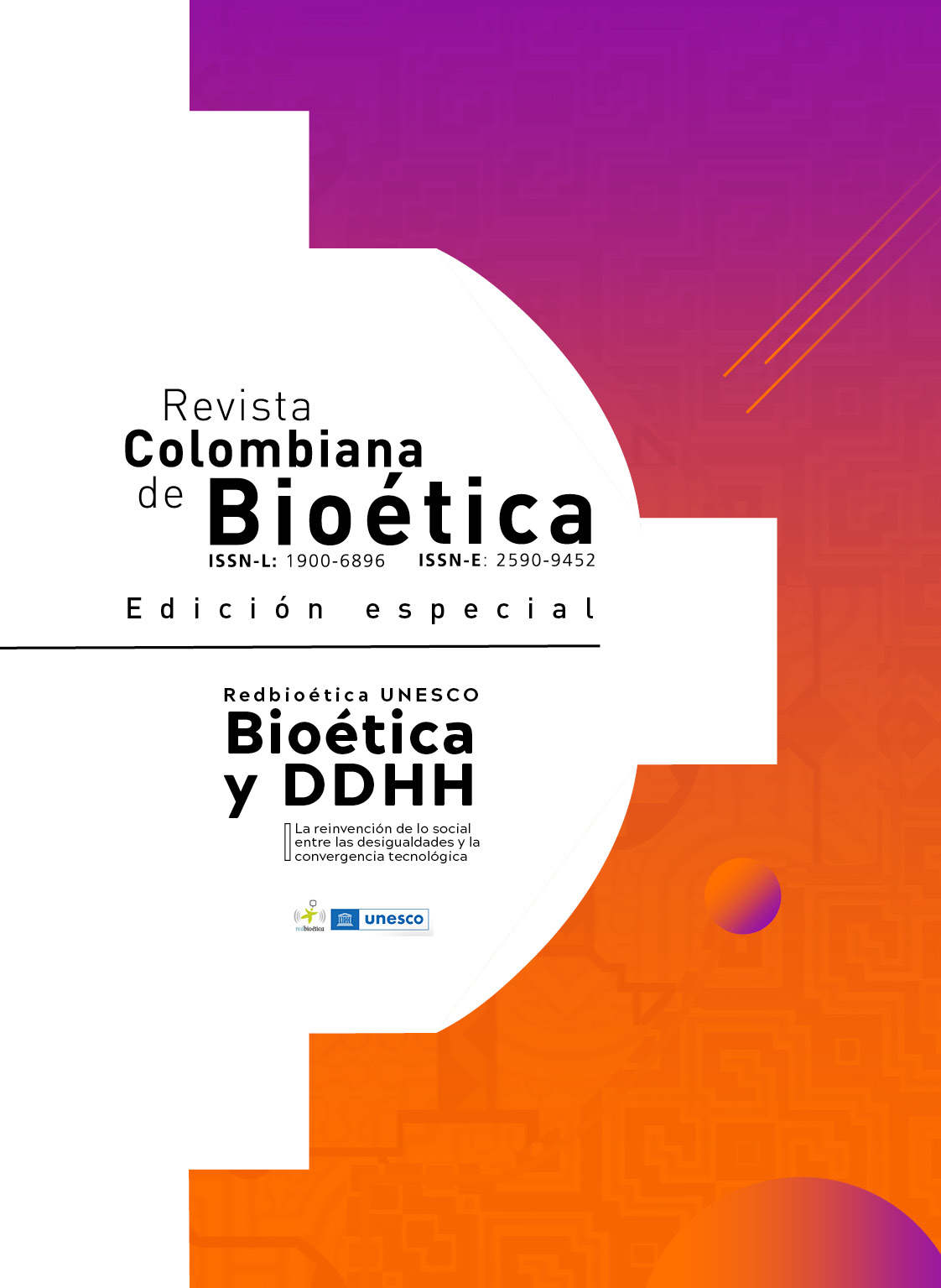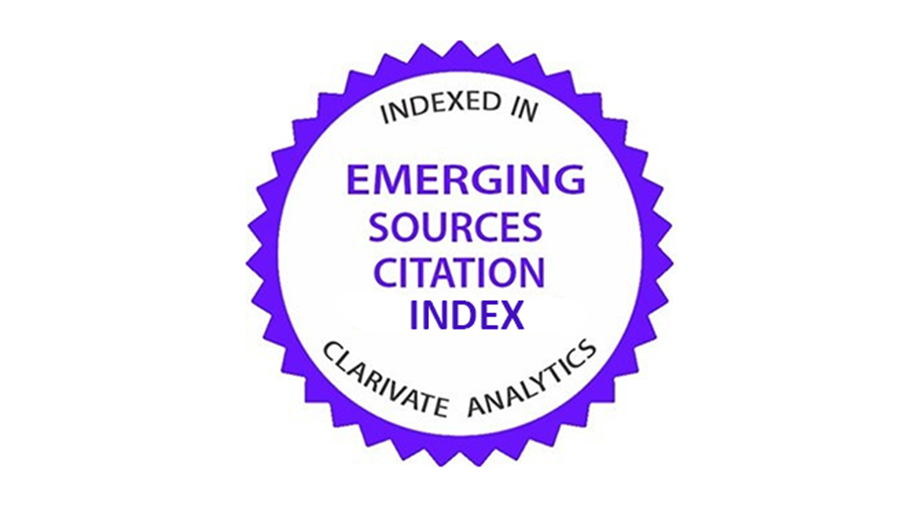Will there be an improvement of ecosystems in the world post-pandemic?
DOI:
https://doi.org/10.18270/rcb.v17i1.4098Keywords:
air pollution, biodiversity, bioethics, climate change, ecosystems, environmental pollution, human activities, marine environment, pandemics, plastics, public health, sustainable developmentAbstract
Purpose/Background. Inconsiderate human activities have led to ecological imbalances, and pollution and degradation of our natural environment. However, for humans to continue to exist on Earth in the future and for sustainable development to occur, we must preserve our ecosystems.
Methodology/Approach. This paper examines some ethical considerations that are important to human interaction with the environment, by identifying conditions that existed before the Covid-19 pandemic.
Results/Findings. The world is currently challenged by global inequality and global climate change, both of which adversely affect our living environment and very sensitive ecological systems. The physical confinement and social distancing measures imposed by governments worldwide during the Covid-19 pandemic produced a reduction in human interactions and activities which had a positive impact on the ecological environments around the world.
Discussion/Conclusions/Contributions. As governments release their citizens from the tight restrictions, and people return to their customary activities, we can expect a return to pollution of our environments. This will occur unless, during the period of ‘lockdown’, humans had become more aware of the harmful effects some of their activities were having on the ecosystem and had been motivated to minimize these activities.
Downloads
References
Aarons, Derrick. 2019. “Bioethics and the environment against the violation of human rights: Redefinition of agrarian and food sovereignty in Latin America and the Caribbean.” Revista Redbioética/UNESCO 10, no. 1: 14-22.
Ahmed, Eman and Kristien Hens. 2021. “Global Health Disparities: Can Liberal Perfectionism better address the Problem?” The American Journal of Bioethics 21, no. 9: 48-50. https://doi.org/10.1080/15265161.2021.1952347
Brontowiyono, Widodo. 2021. “Ecological mitigation and earth restoration strategies in the Covid-19 post-pandemic era.” Endless: International Journal of Future Studies 4, no. 2: 298-309. https://doi.org/10.54783/endless.v4i2.113
Hanjra, Munir and Ejaz Qureshi. 2010. “Global water crisis and future food security in an era of climate Change.” Food Policy 35, no. 5: 365-377. https://doi.org/10.1016/j.foodpol.2010.05.006
Marston, Hanna Ramsden, Linda Shore and PJ White. 2020. “How does a smart age-friendly ecosystem look in a post-pandemic society?” International Journal of Environmental Research and Public Health 17, no. 21: 8276. https://doi.org/10.3390/ijerph17218276
Moriarty, Patrick and Damon Honnery. 2020. “New approaches for ecological and social sustainability in a post-pandemic world.” World 1, no. 3: 191-204. https://doi.org/10.3390/world1030014
Ormaza-Gonzailes, Franklin, Divar Castro-Rodas and Peter Stratham. 2021. “Covid-19 impacts on beaches and coastal water pollution at selected sites in Ecuador, and management proposals post-pandemic.” Frontiers in Marine Science 8. https://doi.org/10.3389/fmars.2021.669374
Schröder-Bäck, Peter, Peter Duncan, William Sherlaw, Caroline Brall and Katarzyna Czabanowska. 2014. “Teaching seven principles for public health ethics: towards a curriculum for a short course on ethics in public health programmes.” BMC Medical Ethics 15: 73. https://doi.org/10.1186/1472-6939-15-73
Downloads
Published
How to Cite
Issue
Section
License

This work is licensed under a Creative Commons Attribution-NonCommercial-NoDerivatives 4.0 International License.

Esta obra está bajo licencia internacional Creative Commons Reconocimiento-NoComercial-SinObrasDerivadas 4.0.















